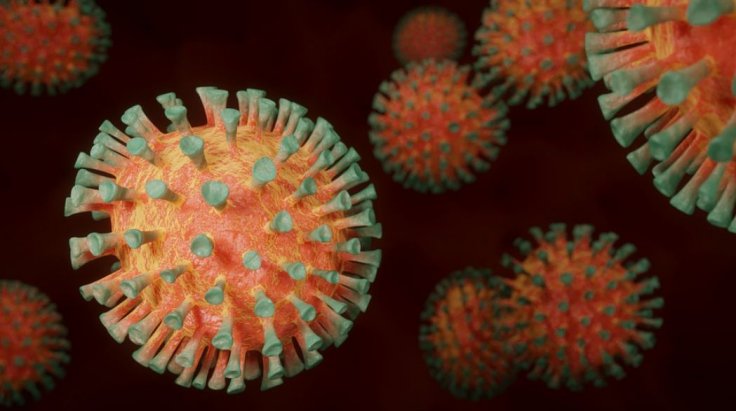For a better part of the duration of the COVID-19 pandemic, researchers have been testing the viability of antibodies for treatment and detection of COVID-19. A team of Japanese researchers has now discovered that certain antibody-like proteins (ALPs) can detect as well as neutralize the SARS-CoV-2 coronavirus.
The scientists managed to isolate nine ALPs that can bind to the SARS-CoV-2 virus using a cutting-edge and high-speed in vitro selection method. Of these, 4 were found to have a neutralizing effect on the virus within four days. "We here report a high-speed in vitro selection of multiple high-affinity antibody-like proteins against various targets including the SARS-CoV-2 spike protein," the authors wrote.
Looking Beyond Antibodies

Significant number of studies have been centered around the identification of full antibodies that can have a suppressive and diagnostic effect against the novel coronavirus. However, not much attention has been invested in exploring other ALPs such as monobodies that have the capacity to offer therapeutic and diagnostic properties. Nevertheless, existing in vitro techniques to choose tiny particles such as ALPs are not without drawbacks.
The most commonly used method—phage display—generates comparatively smaller options of potential candidates. In the case of viruses such as the SARS-CoV-2, they limit the usefulness of the approach. Another technique known as 'mRNA display' generates significantly wider libraries. However, it is time-consuming and requires several weeks to provide results. It is these hurdles the scientists wished to overcome.
Finding Neutralizing ALPs
In order to find an alternate solution, the authors refined an existing method previously created by them called TRAP display. Using the modified TRAP display method, the team obtained 9 ALPs that could bind to a subunit—S1—of the coronavirus' spike protein.

Of the nine ALPs identified, four exhibited affinity towards the part of the spike protein that binds with the ACE2 receptor, which is an enzyme that the virus binds with to gain entry into cells. This suggested that the ALPs may impede the virus's ability to bind to the ACE2 found in human cells. Among the four ALPs with binding capacity, one, in particular, blocked SARS-CoV-2's ability to infect cultured cells under in vitro conditions.
Potential for Diagnostic Uses
Next, the author utilized the high-affinity to test the ability of the ALP to test its potential application in the diagnosis of the disease. The monobody was able to capture the SARS-CoV-2 virus found in the nasal swab samples of patients with COVID-19.
The authors concluded, "We believe that the monobodies procured in our study will soon be useful to develop effective diagnostic tools and that such tools will contribute to the worldwide effort to overcome the COVID-19 pandemic."









